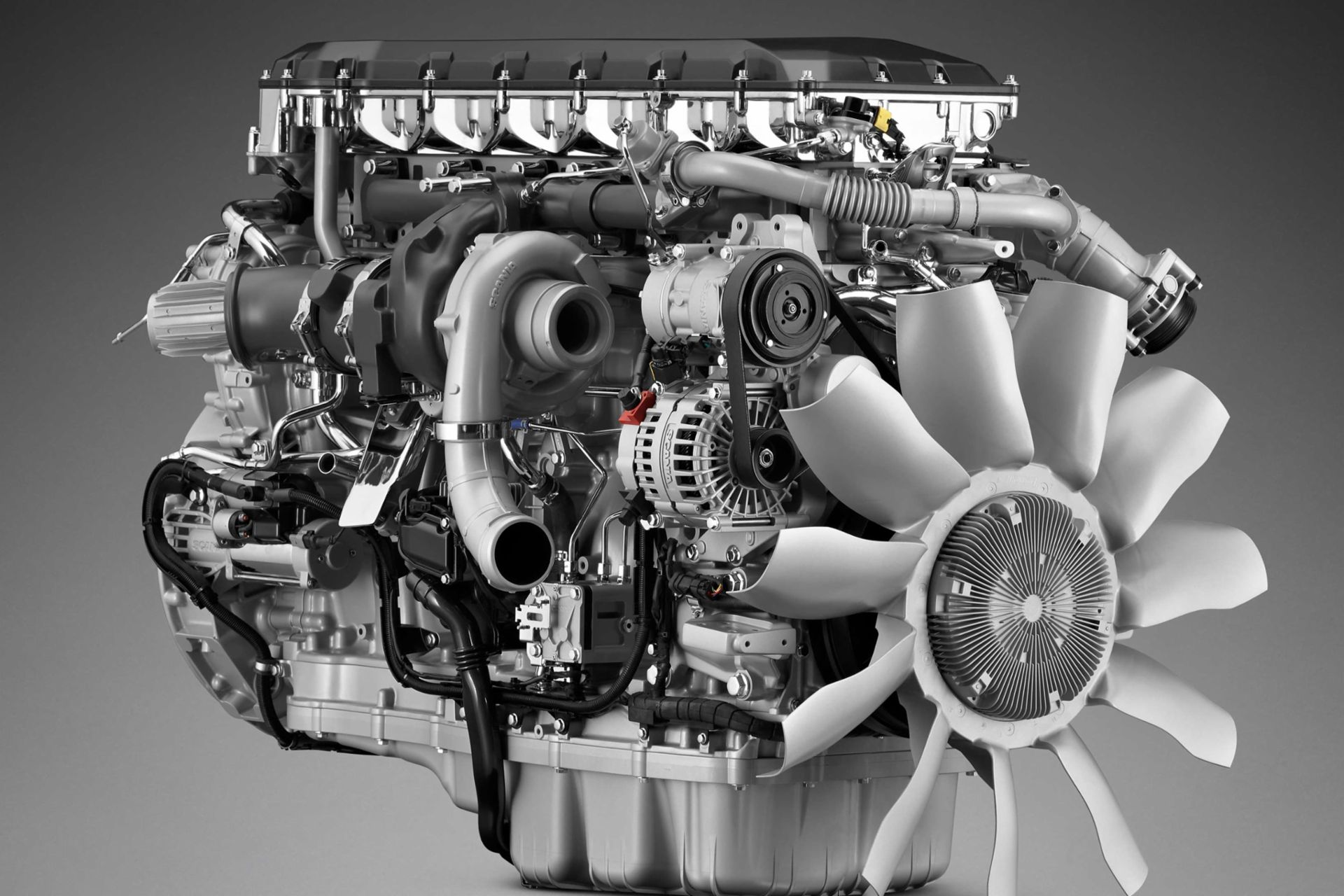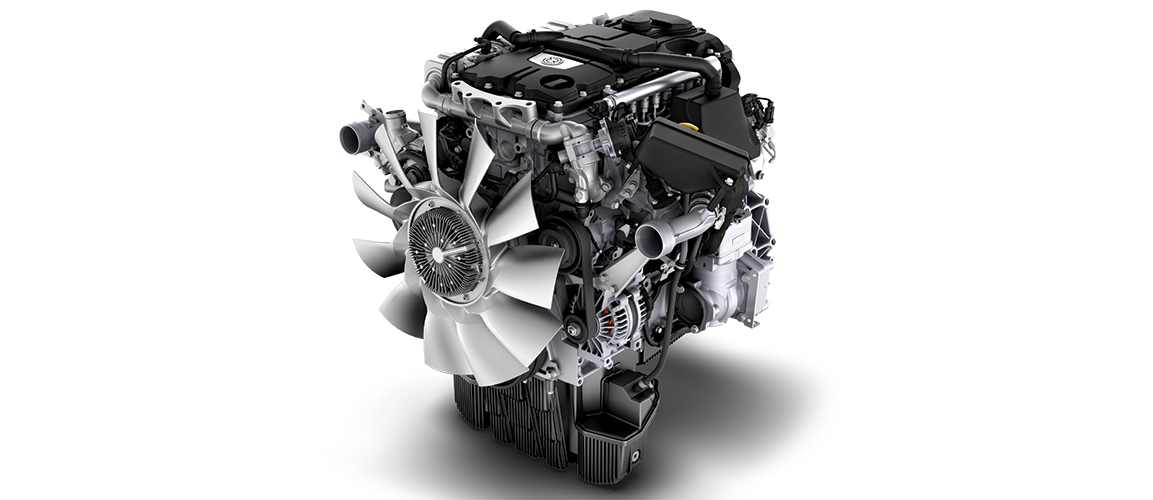The Influence of Innovative Engine Technologies on Power Efficiency and Environmental Sustainability
In the realm of transportation and industrial machinery, the continual pursuit for boosted energy efficiency and reduced environmental impact has actually caused considerable improvements in engine modern technologies. From the steady shift towards hybrid and electric systems to the combination of turbocharging for boosted effectiveness, the landscape of engines is evolving swiftly. The application of alternate fuels additionally diversifies the options readily available for lasting power resources. These technologies not only guarantee a greener future but likewise hold the possible to transform the means we approach energy usage and ecological sustainability.
Evolution of Engine Technologies
The progression of engine technologies over the years has actually been marked by continual innovation and improvement in pursuit of improved performance and efficiency. From the very early days of inner burning engines to the cutting-edge hybrid and electric powertrains these days, the advancement of engine technologies has been driven by a relentless mission for boosted gas effectiveness and decreased emissions.
One substantial landmark in this evolution was the growth of turbocharging and straight injection systems, which dramatically increased engine power result while boosting fuel performance. These technologies permitted for smaller, more light-weight engines that might provide the efficiency of bigger ones without jeopardizing on performance.
Furthermore, innovations in materials science have actually brought about the extensive fostering of light-weight materials such as aluminum and carbon fiber in engine building. This has not just decreased total car weight yet has actually also enhanced engine performance by reducing energy losses related to inertia and friction.
Advantages of Electric and Crossbreed Systems
With the growing emphasis on sustainability and energy performance, what advantages do electrical and hybrid systems provide in the world of engine innovations? In addition, electrical and hybrid systems are extra energy-efficient, converting a greater percent of stored power into propulsion contrasted to standard engines. Hybrid systems incorporate the benefits of electric propulsion with the versatility of a combustion engine, giving extended driving ranges and lowering range stress and anxiety for customers transitioning to electrical cars.
Turbocharging for Improved Performance
Cutting-edge engine modern technologies like electrical and hybrid systems have paved the way for developments in lorry performance, with turbocharging arising as a crucial method for enhancing general efficiency and sustainability. Turbocharging jobs by utilizing a turbine to force more air into the burning chamber, permitting far better gas burning and increased power output without a substantial increase in engine size. This procedure, called forced induction, makes it possible for smaller sized, more fuel-efficient engines to produce power degrees equivalent to larger ones. By making the most of the effectiveness of the combustion process, turbocharged engines can attain enhanced gas economic climate and decreased emissions, adding to ecological sustainability. Furthermore, turbocharging improves engine responsiveness, providing chauffeurs with an extra dynamic driving experience. The extensive adoption of turbocharged engines in both gas and diesel automobiles shows their effectiveness in stabilizing performance, efficiency, and ecological effect. As automotive manufacturers remain to fine-tune turbocharging innovation, its duty in advertising energy performance and sustainability in the transport market is expected to expand further.
Harnessing Alternative Gas
Using alternate fuels provides an encouraging avenue for minimizing carbon emissions and diversifying the energy resources made use of in transport. As the world makes every effort to deal with environment adjustment and decrease reliance on fossil gas, alternate fuels have gotten substantial attention for their potential ecological and financial advantages.
Biofuels, such as ethanol and biodiesel, are derived from renewable sources like algae, corn, and sugarcane, using a cleaner burning option to conventional fuel and diesel. These gas can be blended with existing petroleum fuels or used in specialized engines, giving a path to reduced greenhouse gas exhausts and enhance air top quality.
Furthermore, hydrogen fuel cells have become a promising innovation for zero-emission transportation. engines for africa. By converting hydrogen gas into power to power electric motors, fuel cell vehicles generate just water vapor as a byproduct, eliminating hazardous tailpipe emissions entirely
Along with decreasing carbon emissions, different fuels can likewise boost energy security by branching out the fuel mix and decreasing dependence on imported oil. Embracing alternate gas in transport is a website link critical action towards attaining a more environmentally friendly and sustainable future.

Future leads and environmental advantages
Different fuels, such as biofuels, hydrogen, and power, offer substantial environmental benefits compared to typical fossil fuels. Furthermore, alternative fuels can aid branch out power sources, improving power safety and security and reducing dependence on limited sources.
The future leads for different gas in the transport sector are promising. Developments in innovation remain to enhance the performance and cost of different gas lorries, making them extra accessible to customers. Federal governments around the globe are additionally implementing policies to incentivize the fostering of alternative fuels, further driving their growth. As r & d efforts broaden, the capacity for even greener and more sustainable fuel options raises, leading the way for a cleaner and extra eco pleasant transportation industry. By embracing alternative fuels and ingenious innovations, the course towards a more lasting future comes to be significantly possible.

Final Thought
Finally, innovative engine innovations have actually played an essential function in boosting energy performance and advertising ecological sustainability. engines for africa. The advancement of engine innovations, fostering of hybrid and electric systems, use of turbocharging, and expedition of alternate gas have all added to decreasing discharges and enhancing effectiveness. The ecological advantages of these advancements are clear, and there is excellent potential for further development in the future. Engine innovations proceed to be an essential location of emphasis for attaining an extra lasting future.
In the world of transport and commercial machinery, the continual quest for boosted power click for source effectiveness and decreased environmental impact has led to substantial innovations in engine modern technologies. Turbocharging jobs by utilizing a turbine to force even more air right into important source the combustion chamber, allowing for better fuel burning and boosted power output without a substantial rise in engine dimension. By maximizing the performance of the burning procedure, turbocharged engines can accomplish enhanced fuel economy and decreased exhausts, contributing to ecological sustainability. Different fuels, such as biofuels, hydrogen, and electricity, deal significant ecological advantages contrasted to standard fossil gas. The evolution of engine modern technologies, fostering of electrical and hybrid systems, use of turbocharging, and exploration of alternate gas have all contributed to enhancing and decreasing emissions effectiveness.